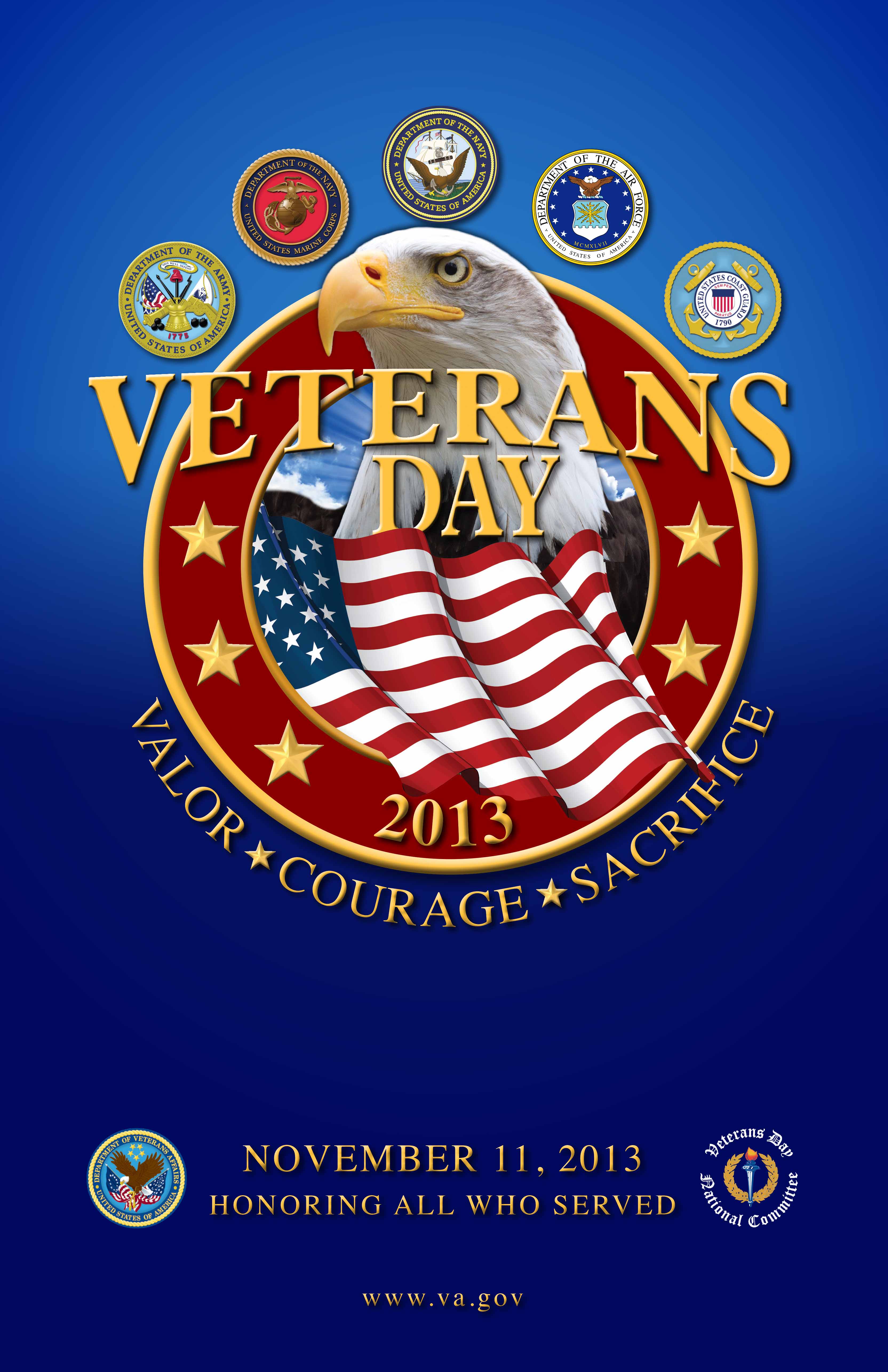
Military Recruiters
by Tom Greening
Ghouls troll school halls
preying on the young
who have no better options.
A protester asks a teacher,
“Aren’t you afraid they’ll get killed?”
and is answered,
“Better a short life with meaning
than a long one without.”
That’s it? Meaning is in short supply
and worn out like the textbooks.
There are recruiting quotas to be met,
so standards are lowered,
bonuses paid, hopes inflated,
felonies forgiven,
and patriotic delusions fueled.
This is the greatest military machine in history.
It grinds slowly, but it grinds exceedingly fine.
OUR LEGACY
Let’s weigh the facts a little more
before we launch another war.
Are we so sure we’re in the right
and blessed by God to launch this fight,
and is cruel war the only way
triumphantly to seize the day?
Let he who lives devoid of sin
proclaim who righteously should win.
Survey all human history–
Is blindness our main legacy?
Tom Greening was educated at Yale, the University of Vienna, and the University of Michigan. He has been a psychologist in private practice for over 50 years, and is a retired professor from Saybrook University, UCLA, and Pepperdine. He was Editor of the Journal of Humanistic Psychology for 35 years. He is a Fellow of five divisions of the American Psychological Association and Poet Laureate of the International Society for Ethical Psychology and Psychiatry.




